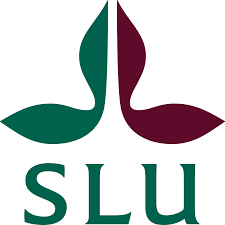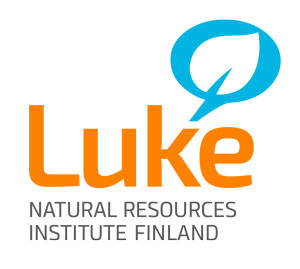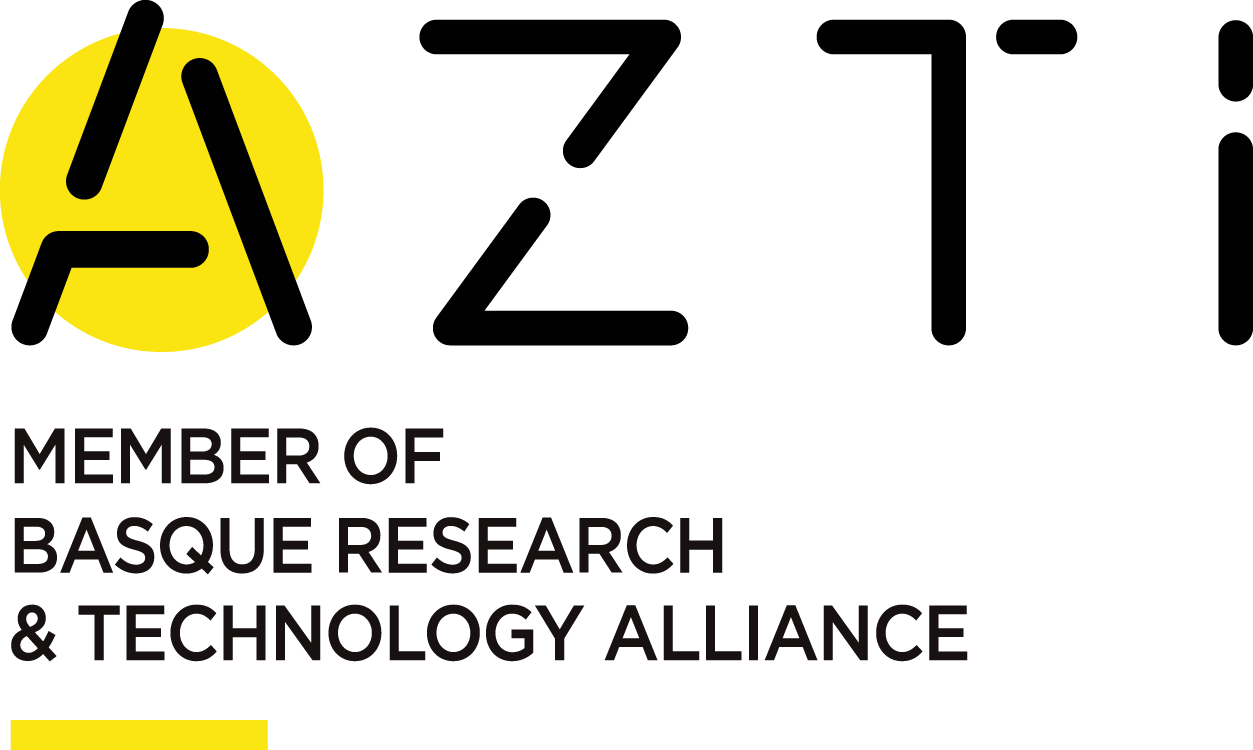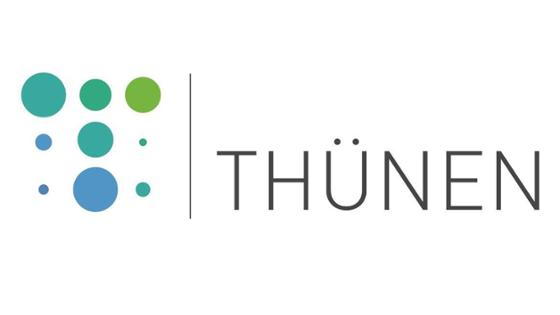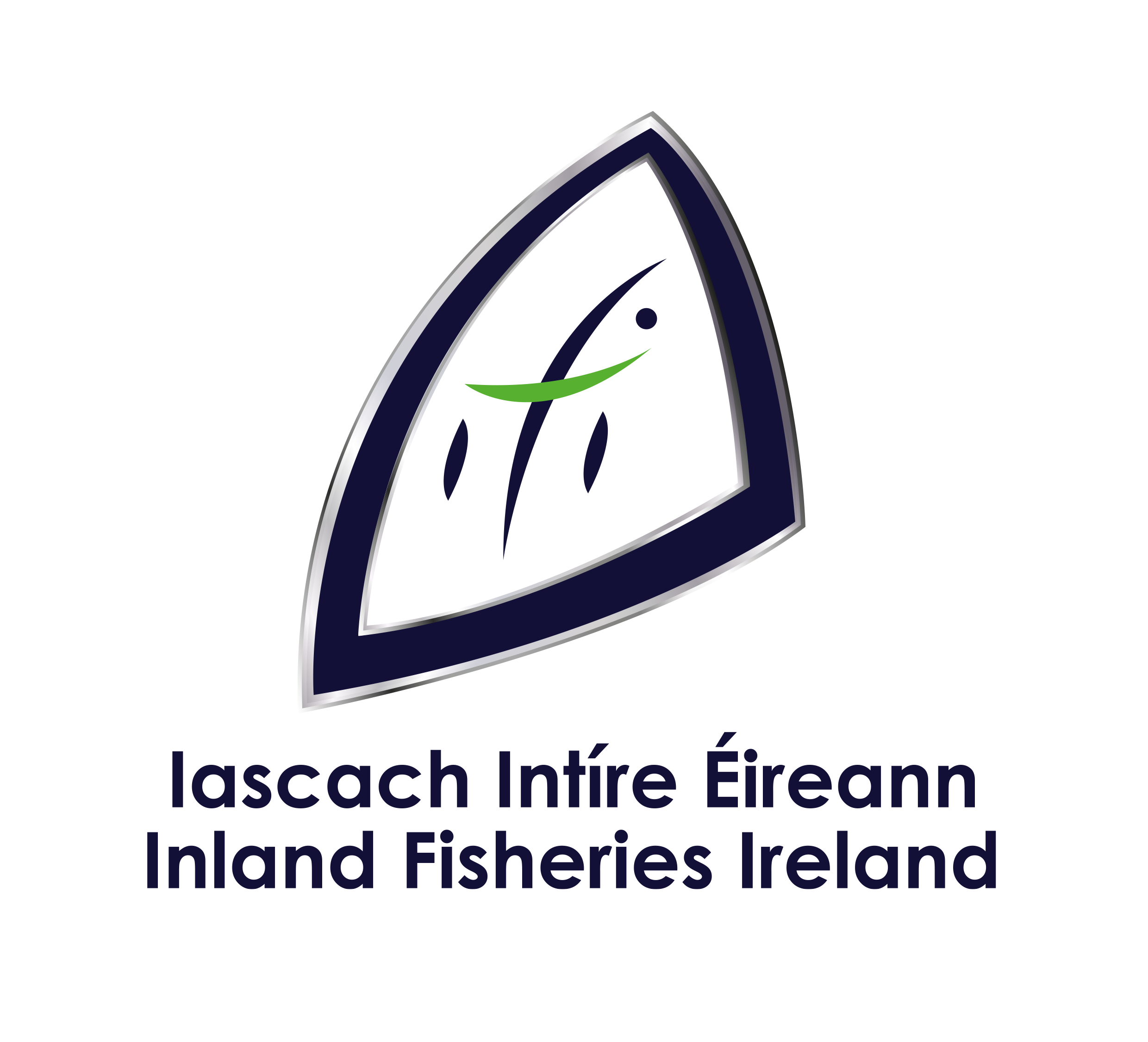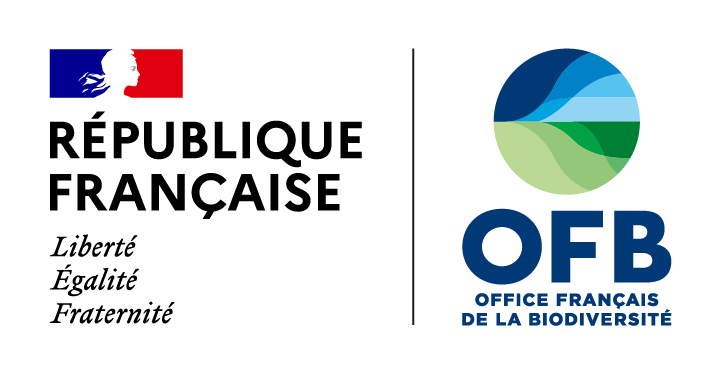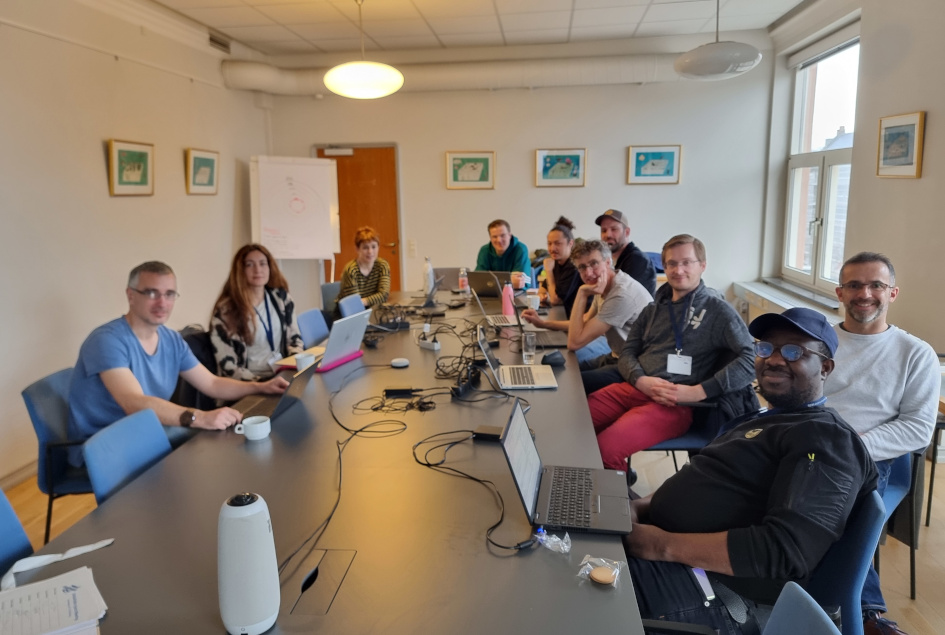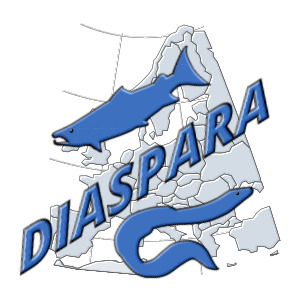 |
DIASPARA: DIAdromous Species: moving towards new PARadigms to achieve holistic scientific Advice |

Objectives
Improving scientific knowledge on the European eel and Atlantic/Baltic salmon to strengthen the science-basis of management decisions under the Common Fisheries Policy
Summary
Despite legal commitments for their conservation, the Atlantic salmon and the European eel are currently endangered. This is partly due to their ecological characteristics. First, the two species share their life cycle between marine and continental ecosystems, in and outside Europe. Despite behaving like independent units during their continental phase, they are biologically mixed during their marine phases, requiring to orchestrate regional and international management and assessment process (data collection and availability, use of appropriate assessment methods). Moreover, the species are submitted to many human impacts (e.g. fisheries, habitat degradation and fragmentation). In this context, building on pre-existing roadmaps, DIASPARA aims at providing tools to enhance the coherence of the scientific assessment process from data collection to assessment, with the final objective of supporting more holistic advice and to better inform a regional management. First, DIASPARA will undergo an inventory of available data and make recommendations for potential improvement in the collection, based on a spatiotemporal analysis of key biological parameters. Then, DIASPARA will develop database structures in order to store data required for the assessment. This will include biological data, fisheries data, but also data to monitor the impact of dams and hydropower plants. This work on dams will support the river continuity restoration targeted by other EU Regulations (e.g. WFD, free-flowing rivers target of the EU Biodiversity Strategy). Finally, the stock assessment methods should explicitly handle the complex spatial structure and the life cycle specificities of the species. This results in complex and time-consuming models. DIASPARA will benchmark different tools and statistical assumptions to enhance the performance of the analytical methods to enhance the quality of the data and to allow more comprehensive robustness tests and short-term forecasts exploration.
| Date | Description | Author | |
|---|---|---|---|
|
|
Feb 20, 2026 | As DIASPARA rapidly comes to an end, it is time to present some of our results. Let’s start with the R package samOptiPro. This package aims to enhance the computational… | |
|
|
Nov 21, 2025 | The second annual project meeting was held in Copenhagen from 5 to 7 November. More than 40 participants attended in person and online, and there were very fruitful… | |
|
|
Jun 19, 2025 | WP3 organized a workshop to show the development of the spatial database. The current content of the habitat of continental habitats was presented for WGBAST and WGNAS, and… | |
|
|
Jun 17, 2025 | WP2 and WP4 organised a common webinar to present the progress of their work and get feedbacks from expert. The meeting started with a presentation of WP2 showing their work… | |
|
|
Apr 29, 2025 | The general meeting was held on 11 April with all the beneficiaries. It was a good opportunity to review the progress of the project and discuss the plan for next year and… | |
|
|
Mar 24, 2025 | Jani has come to France to work on WP3 with Cédric and Jules. Among other aspects, the team has been working on the integration of the different levels of the habitat… | |
|
|
Mar 14, 2025 | Hilaire was invited to present the progress of DIASPARA during the last ISSG Diadromous subgroup annual meeting. A good opportunity to show our latest results and to… | |
|
|
Dec 18, 2024 | The hybrid meeting took place from Monday 24th Novembre 2024 to Wednesday 27th November 2024. The minutes are now available online, don’t hesitate to read it if you want to… | |
|
|
Dec 10, 2024 | This hybrid meeting took place from Monday 24th Novembre 2024 to Wednesday 27th November 2024. First milestone in the project, it was an amazing opportunity to present the… | |
|
|
Nov 19, 2024 | Viktor Thunell has joined the DIASPARA team as a postdoc in WP2 based at the Swedish University of Agricultural Sciences. Viktor has a background in theoretical ecology and… |

